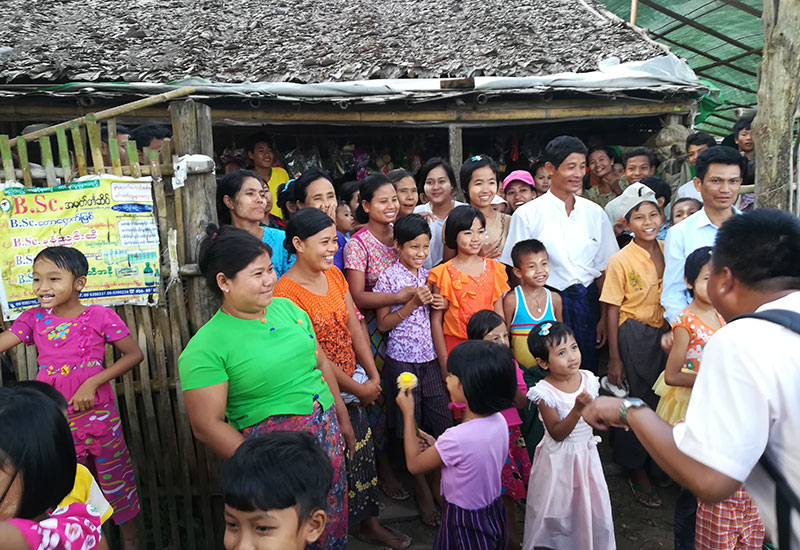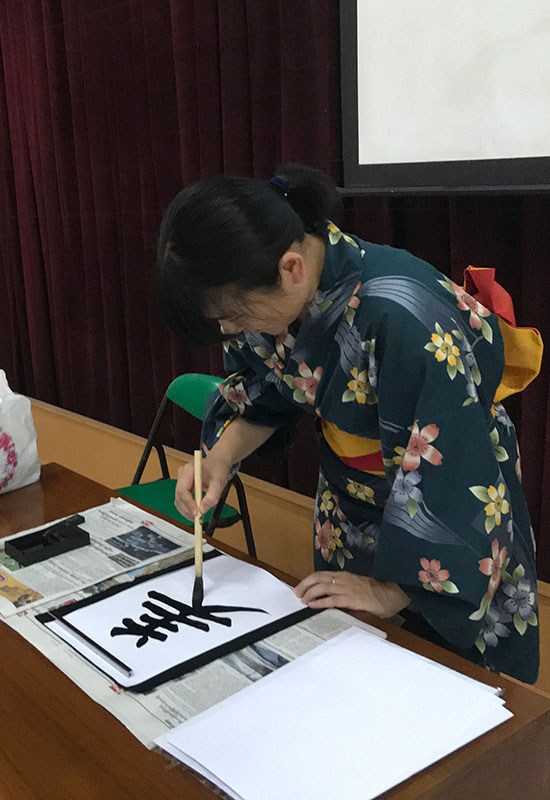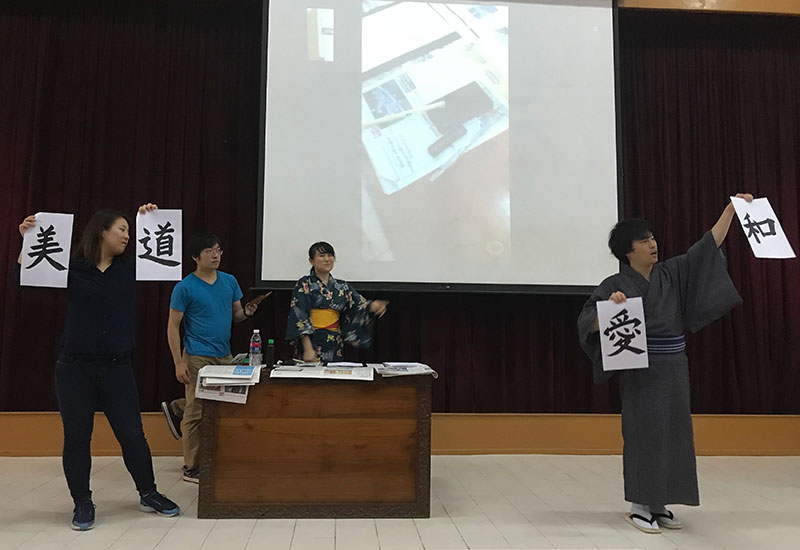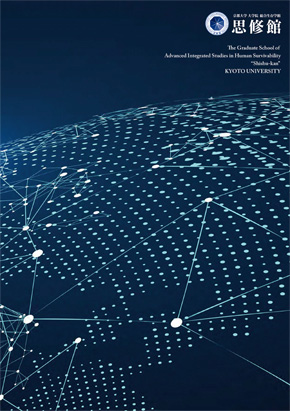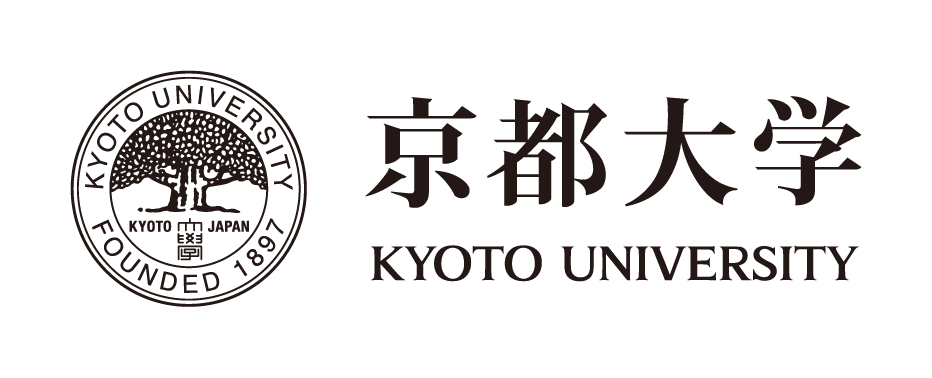News “Overseas Service Learning (OSL) Program” Reporting Session was held.
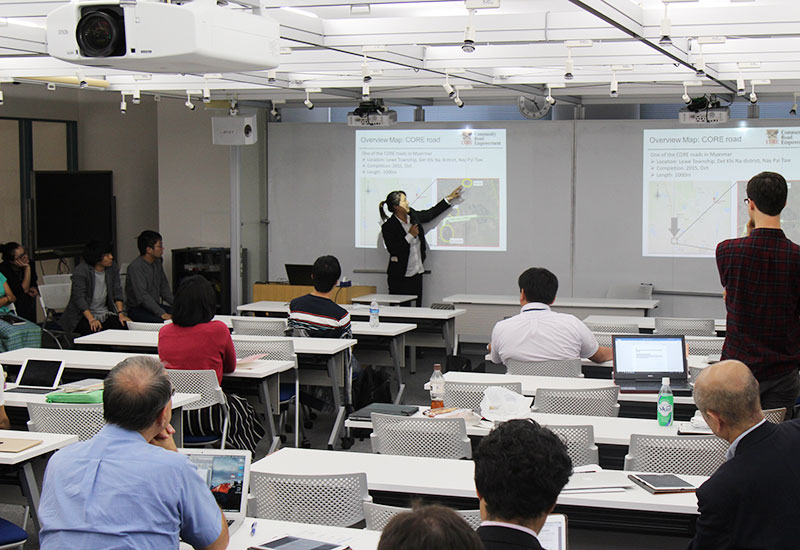
▲Heated Questions and Answers
▼Comments by each participant, including advices to 1st year students
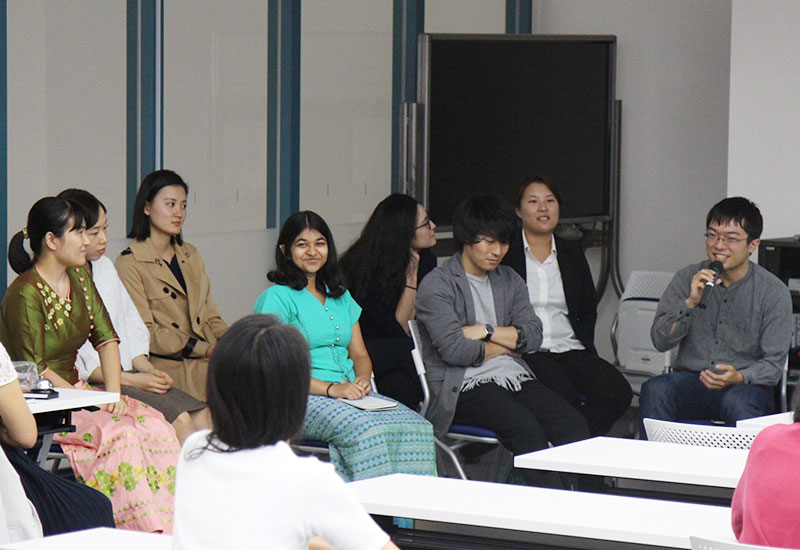
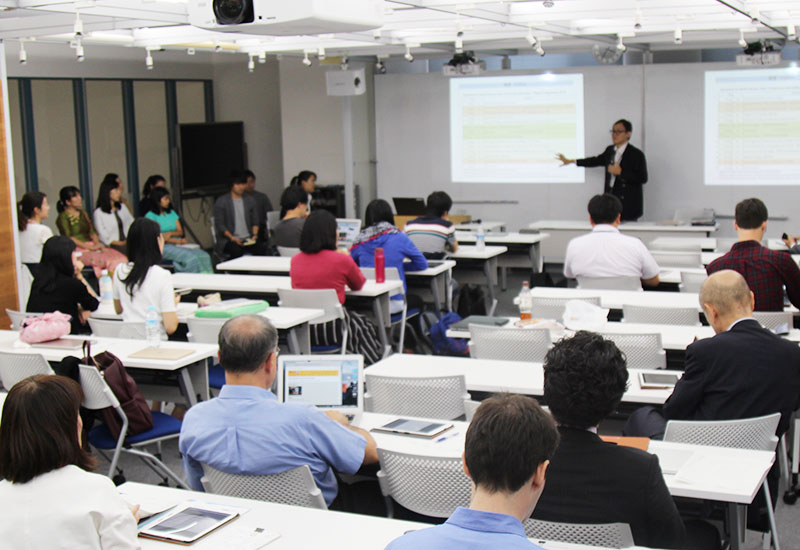
Outline explanation by Program Prof. Hiroaki Takashima▲
▼Feedback Comment by Deputy Dean, Prof. Yuichi Ikeda
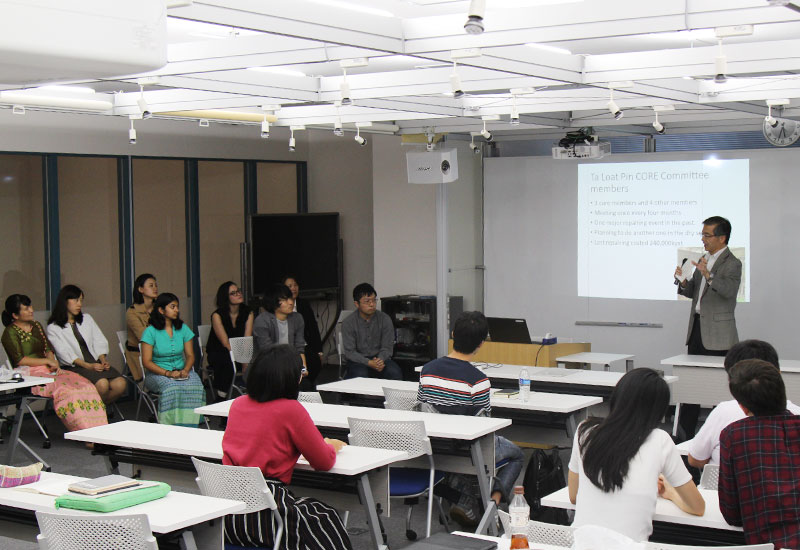
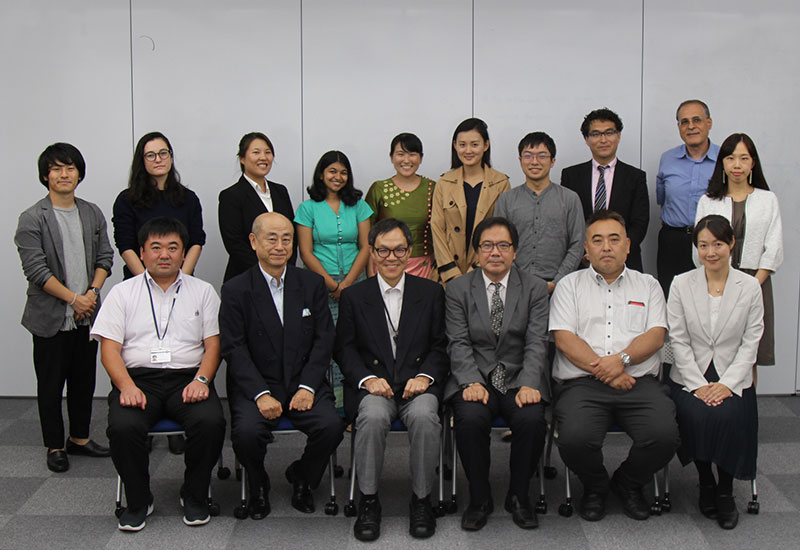
Group Photo, some participants are wearing Myanmar traditional dress, “Longyi”▲
On September 27, 2018 (Thursday), we had a Reporting Session on Myanmar Overseas Service Learning (18 days) at the Kyoto University Higashi Ichijo-kan Lecture Room. OSL is a distinctive and compulsory subject for our second-year students. They are dispatched to a developing country with different culture and social customs and conduct a village survey and volunteer activities at the site where various developing support activities are carried out. Students deepen their understanding of the diverse structure of the international community and people’s environment through the program, the study session in advance, the activities in the field, and the report of the aftermath, and will look for ways to become global leaders.
These past two years, we cooperated with the NPO “CORE/Dear Myanmar”, JICA, Yangon Technological University, Yezin Agricultural University, amongst others, and implemented a program in Myanmar. In this program, we first visited some projects supported by the Japanese government (JICA), such as the railway improvement project of Myanmar Railways, the capacity development projects at Yangon Technological University and Yezin Agricultural University. We also met with JICA experts (advisors to the Myanmar Government) working in Nay Pyi Taw.
The main activity of the program is the impact survey of road improvement carried out in the village near Nay Pyi Taw by CORE. The road connecting the non-electrified villages had been a muddy road where cars could not pass during the rainy season, but as a result of improving the road, with the participation of villagers, through the CORE’s construction technique using sandbags three years ago, the road has changed into a good, passable road.
The students interviewed residents in Zay Kone village, Ta Loat Pin village, and Kan Oo village, and surveyed the positive/negative impacts of the road, the status of maintenance and so on. For the survey, Yezin Agricultural University graduate students participated and helped with communication and understanding local circumstances. The survey results were presented at the workshop held in Yezin Agricultural University and discussed with faculty members and students.
The program emphasizes interaction and exchange with the local people. In the village, we held exchange activities or “play”, mainly targeting children in the village as a show of gratitude for their cooperation. During the Yezin Agricultural University workshop, we introduced calligraphy, kimono and pop culture as a Japanese culture.
In this program, students with different fields of expertise, knowledge, and background have the valuable experience of achieving a goal as a whole and exchanging with people in developing countries. While sometimes reaffirming the difficulty of collaborative work, such as survey/interview method, the division of roles, communication with inside and outside the members, students directly faced the issues of developing country villages from various perspectives and deeply considered ”Advanced Integrated Studies in Human Survivability”. It seems that they could feel their own growth.
Site Activities
<Left> Visit to JICA Office <Center> Work in Road Maintenance Training Session <Right 2 photes> Visit to Yangon Central Station, the railway improvement project of Myanmar Railways
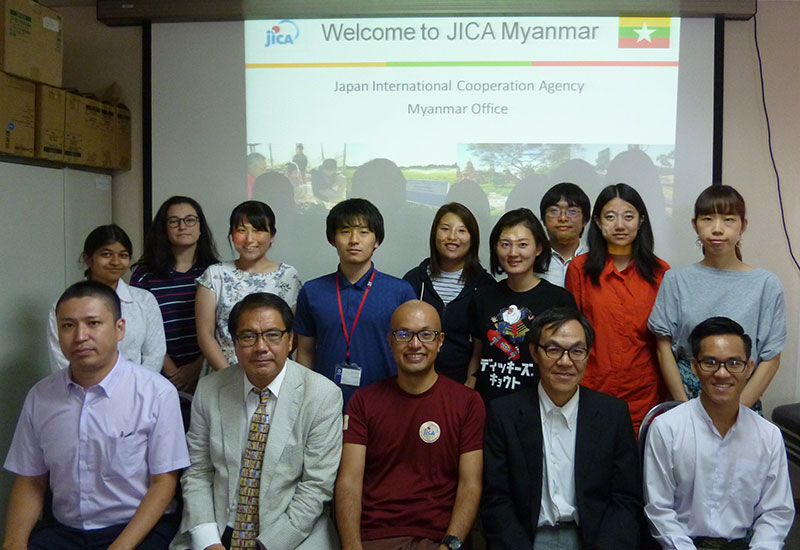
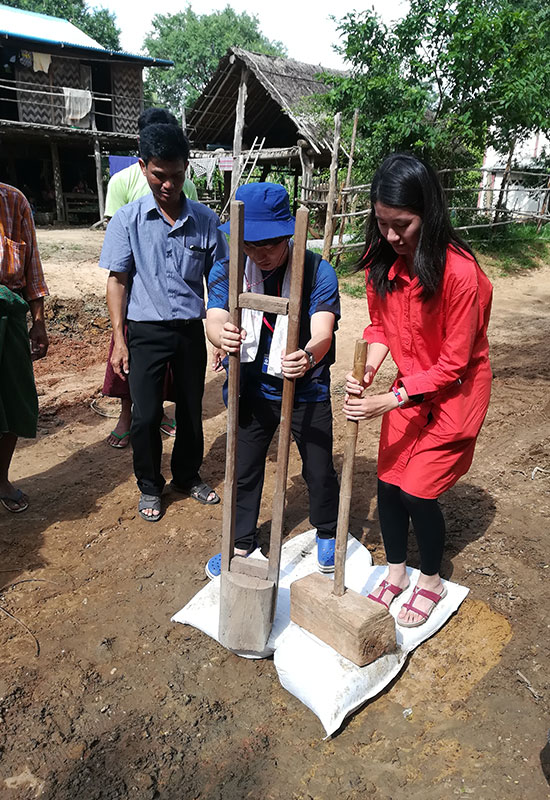
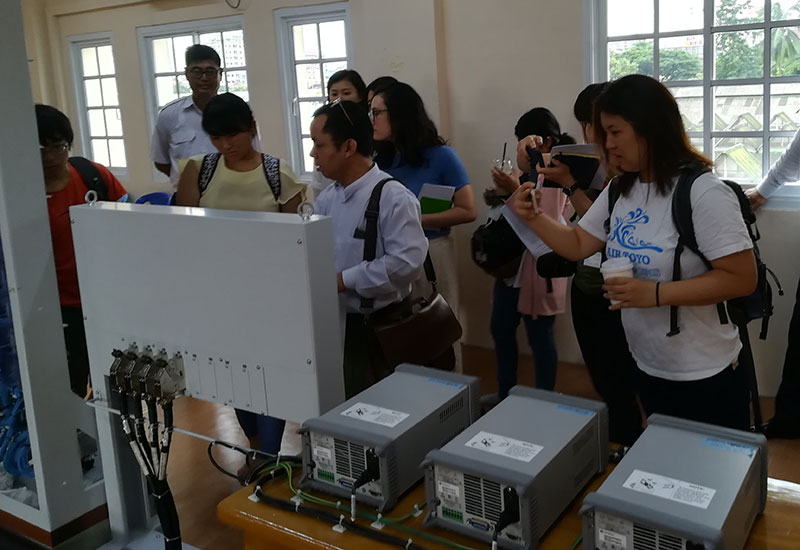
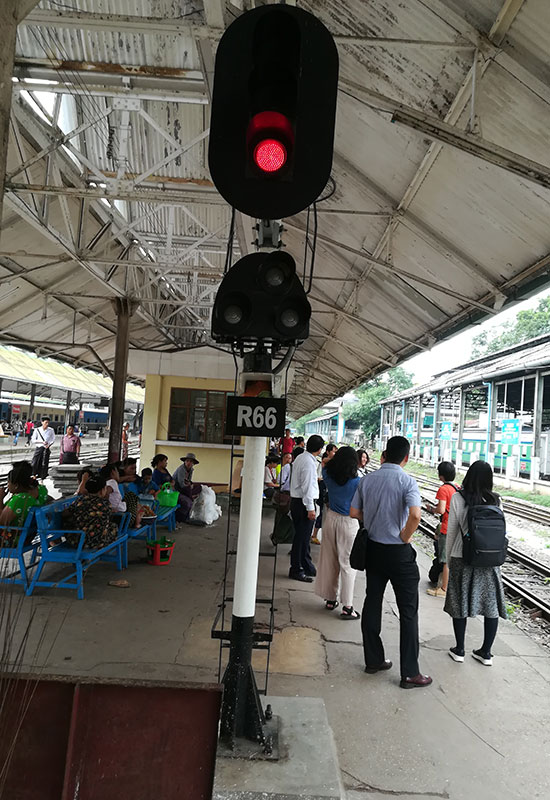
<Left> Address by Dean, Prof. Kaoru Takara, at Welcome Ceremony in the Village <Center> Interview in Kan Oo Village <Right> Volunteer (Exchange) activities in Ta-Loat-Pin Village
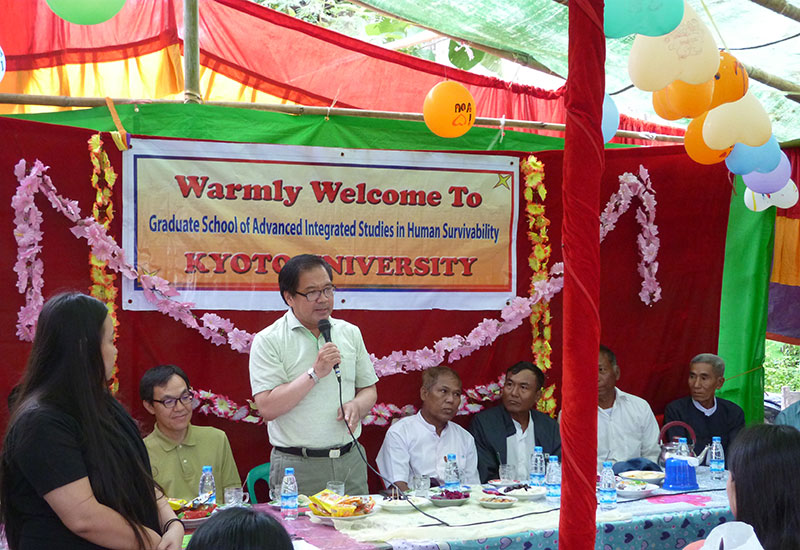
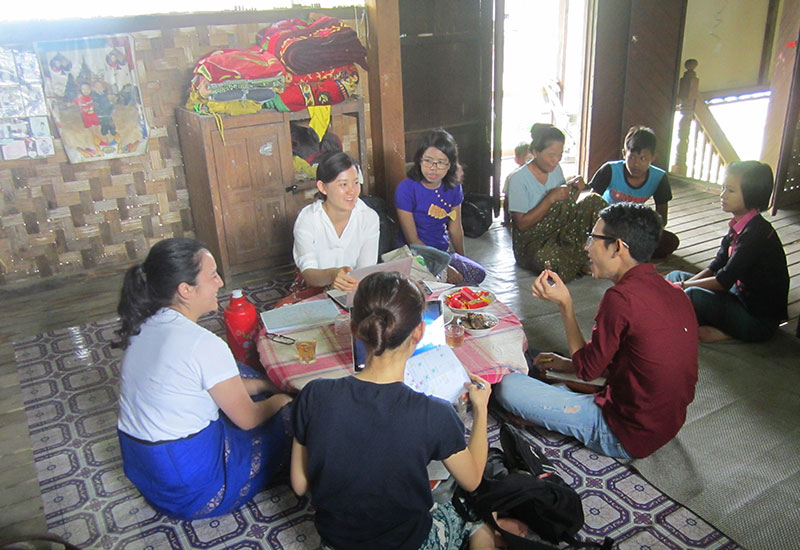
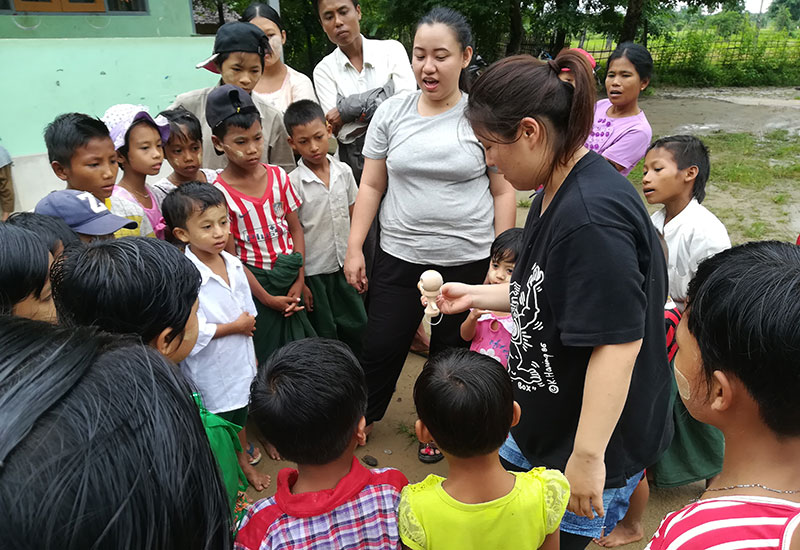
<Left> Farewell in Zay-Kone Village <Right 2 photes> Yezin Agricultural University Workshop, demonstrating”calligraphy”
